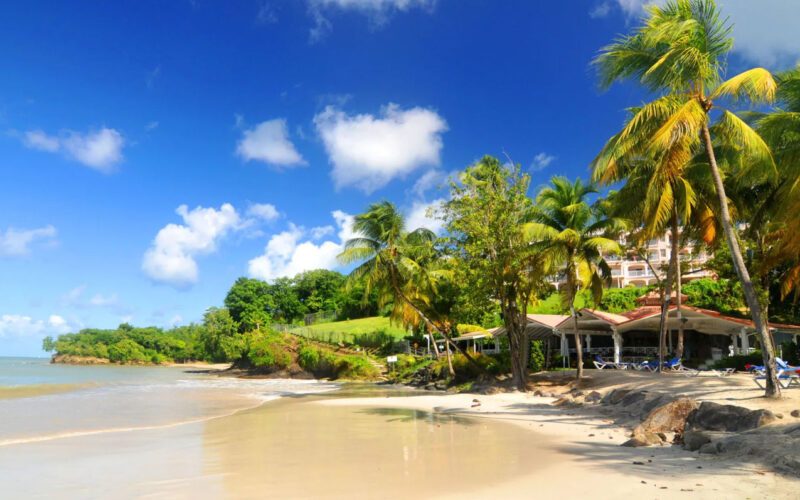November 25, 2023 –
In response to the looming threats of rising sea levels and diminishing drinking water resources, Maldives President Mohamed Muizzu has announced the abandonment of plans to relocate citizens. Instead, he advocates for a bold approach to combat encroaching waves through extensive land reclamation and the construction of elevated islands. Despite Muizzu’s optimism, environmental and rights groups express concerns that such policies may exacerbate flooding risks.
Facing the specter of a climate crisis, the Maldives, renowned for its pristine beaches and coral reefs, is at a crossroads. Former President Mohamed Nasheed had contemplated plans for citizen relocation, warning of the Maldives becoming the world’s first environmental refugees. However, Muizzu seeks $500 million in foreign funding for coastal protection, expressing confidence that citizens can stay in their homeland.
While Muizzu remains positive about fortifying the nation’s coasts with sea walls and designating risk areas as safe islands, approximately 80 percent of the Maldives is situated less than a meter above sea level, raising doubts about the long-term efficacy of these measures. Tourism, a vital economic contributor constituting nearly one-third of the Maldives’ economy, faces uncertainty as fortress-like walls shield densely populated areas, leaving vulnerable islands that attract tourists.
Reclamation projects, expanding the country’s landmass by around 10 percent in the past four decades, have been spearheaded by President Muizzu, a British-educated civil engineer, notably overseeing the expansion of the artificial island of Hulhumale. Nevertheless, environmental and rights groups stress the need for careful implementation of reclamation projects, citing instances of hastily executed endeavors lacking proper mitigation policies.
As the Maldives grapples with the urgent imperative of climate change adaptation, finding a delicate balance between economic development and environmental preservation remains a critical challenge for the island nation.
